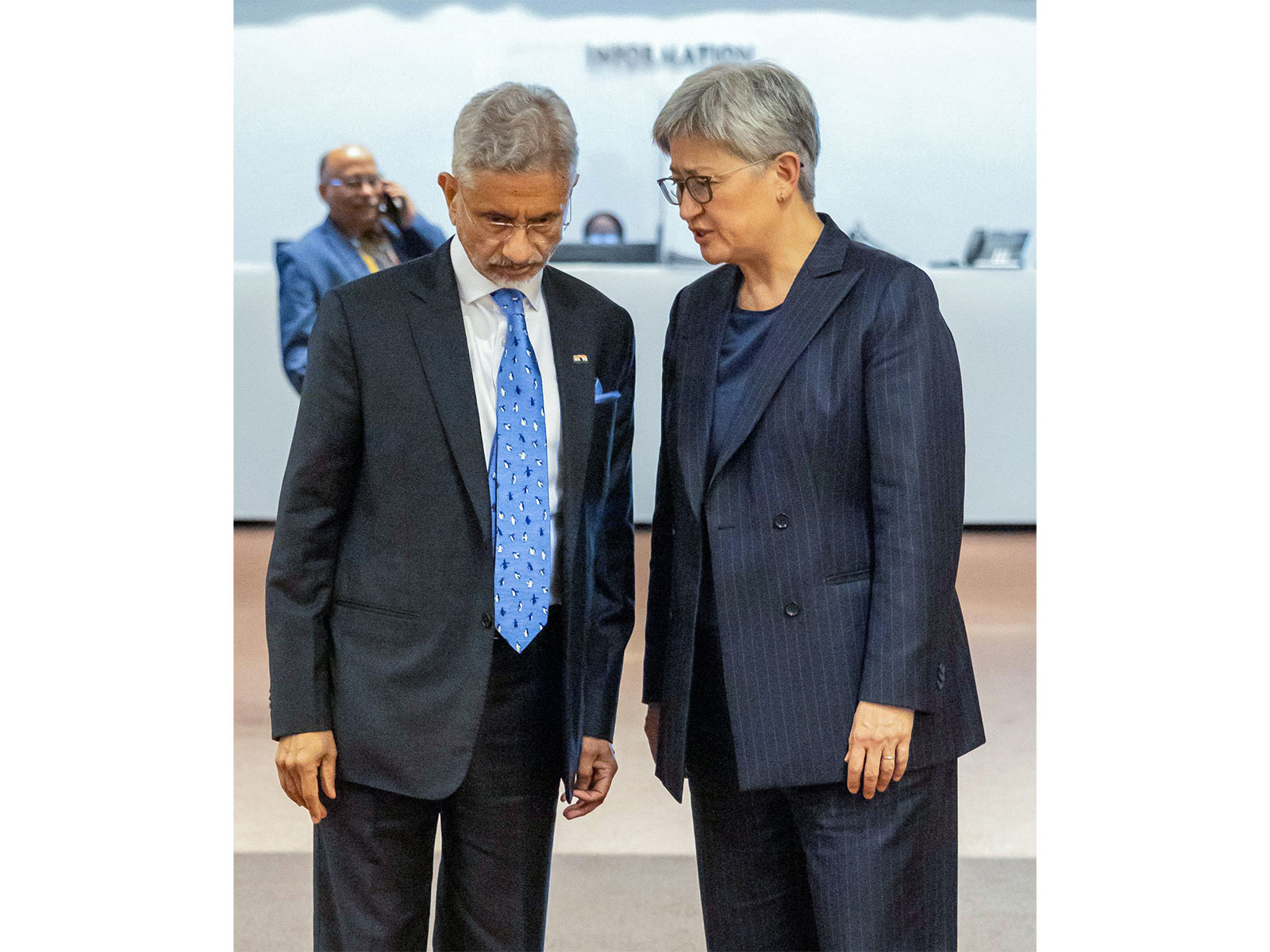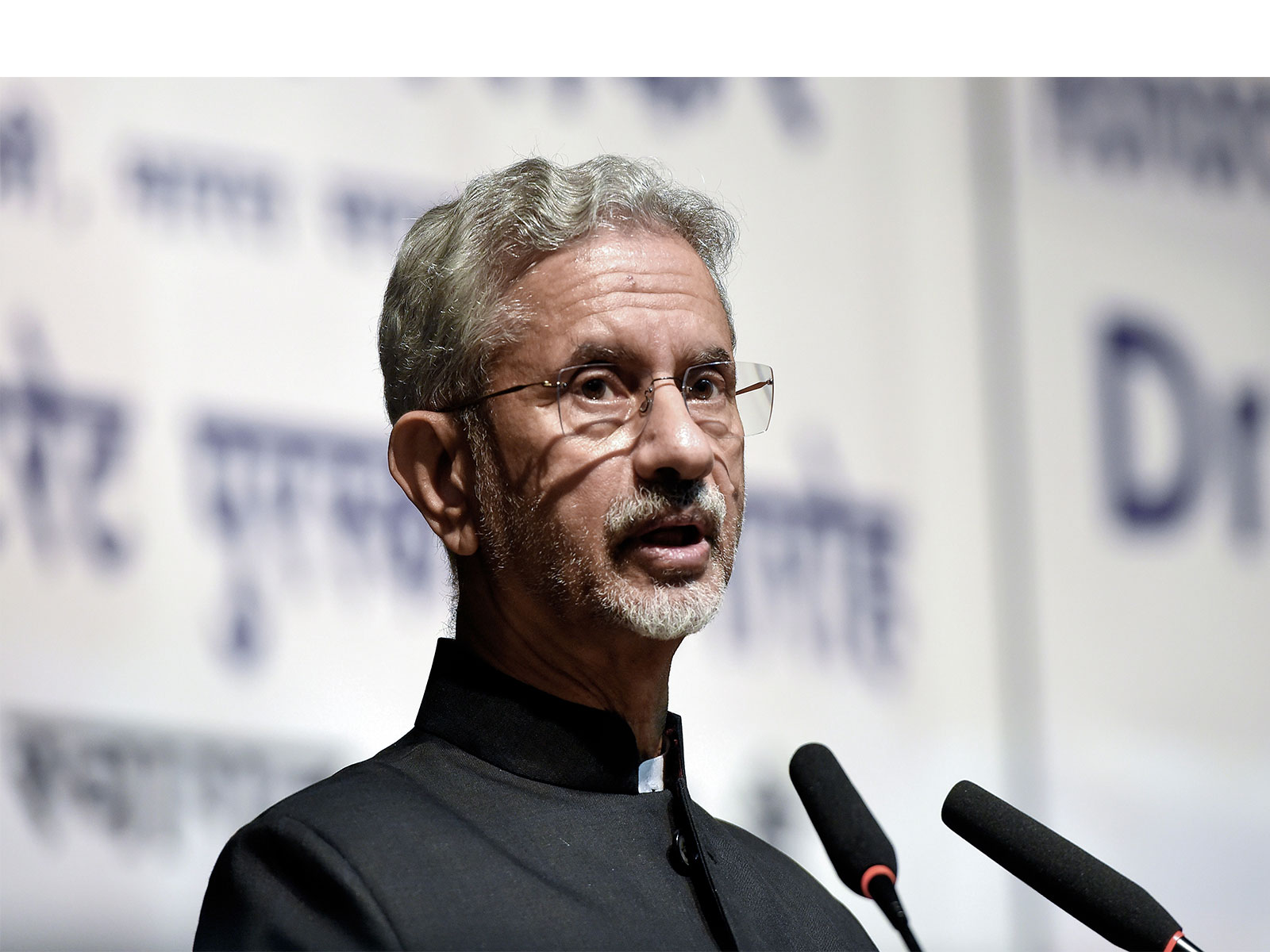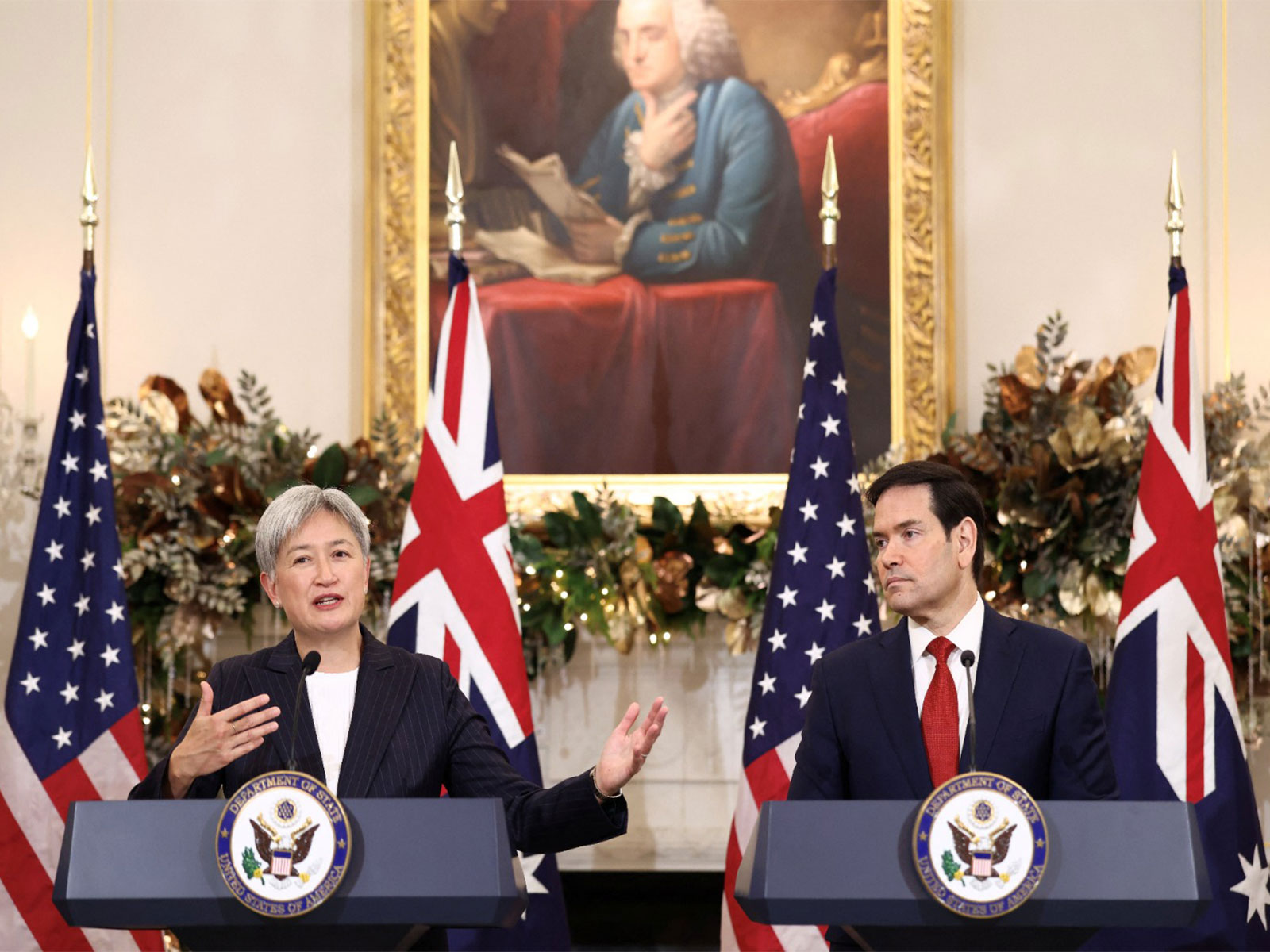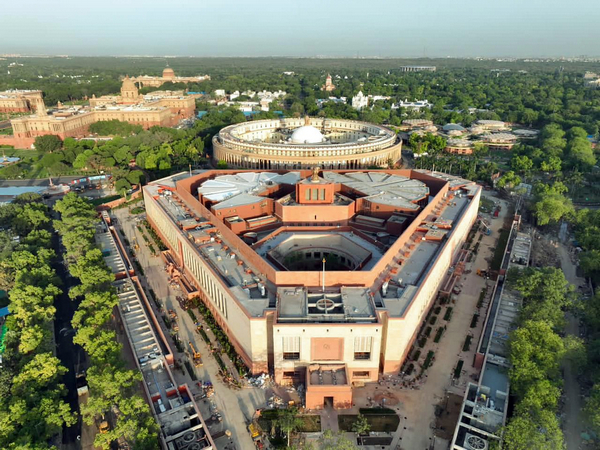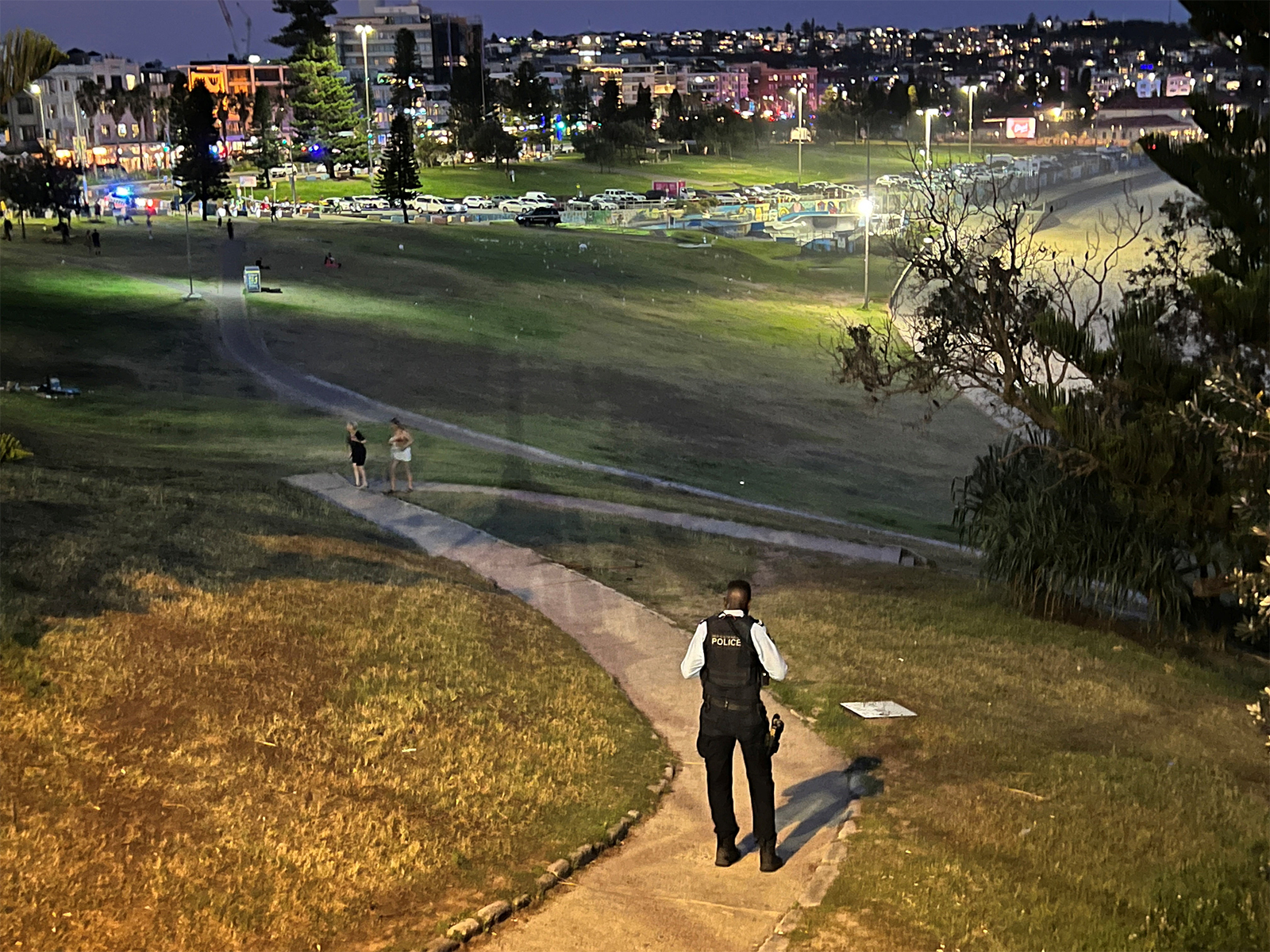Catastrophic floods in Pakistan prompt rethinking on construction of Diamer-Bhasha Dam
Dec 27, 2022

Islamabad [Pakistan], December 27 : The big dam model of Pakistan has come up for re-thinking in view of the immense loss caused by the recent catastrophic floods, reported International Forum for Right and Security (IFFRAS).
The recent devastating floods in Pakistan have bared the follies of its strategy of making large dams, which led to displacement in Gilgit-Baltistan (GB), an environmentally sensitive region. In this context, the Diamer-Bhasha Dam has again come under scanner.
The construction of the Diamer-Bhasha Dam, the largest roller compact concrete dam in the world on the river Indus has alarmed the residents of GB, once again raising the issue of environmental degradation.
Located in a highly seismic zone, the dam is a source of great concern for the local population, which views that while they will face all the adverse consequences of its construction, the benefits will flow to the people living in Punjab and Sindh. Incidentally, GB provides over half of drinking and irrigation water to Pakistan, reported IFFRAS.
Pakistan's Prime Minister Imran Khan initiated the construction of one of the country's largest dams to meet water and electricity needs. Diamer Bhasha dam will be the country's third big dam to be built after Tarbela and Mangla dams.
However, the recent catastrophic floods have given a sense of urgency to review the project and construct the dam in a more scientific way, minimizing the adverse effects, including rehabilitation of the displaced locals and loss of their livelihoods. But Islamabad's coffers are empty, reported IFFRAS.
The people of the GB are the ones who face the most immediate consequences of such a large-scale project. The federal government has neglected to take into consideration the opinion of local communities and to compensate them for the dam's land acquisition.
It is estimated that the Diamar-Bhasha mega dam's reservoir, located in Diamar, would submerge 110 km of the Karakoram Highway and around 80,000 people would be displaced initially.
After the further extension of this dam, about 300,000 more local indigenous people will be displaced and over 200 km of area up to Gilgit town will be submerged. This may also result in a great loss to the region's wildlife and mineral resources, reported IFFRAS.
GB is known for its natural beauty and is a hub of tourism. Since 97 per cent of its land is made up of rugged peaks and glaciers, the region does not have the capacity to house many large projects. The few Chinese trucks that were making their way across the border, posed a direct threat to GB's beauty.
At its height, the project is supposed to move 70,000 trucks across the border every day. Though this number is much lower at present, it would increase movement and pollution in the region beyond repair in due course.
If the pristine environment of this region is polluted and aesthetics eroded, the money GB makes from tourism would be under great threat, said IFFRAS.
Locals are also concerned about the threat to rare animal species in the region that drew in tourists. They believe that the local ecosystems are being vitiated by Chinese smugglers.
A large number of locals claim that Chinese truck drivers have been involved in killing Pakistan's snow leopards to smuggle them across the border for use in expensive medicines, and killing Markhor and Ibex for sport, reported IFFRAS.
Notwithstanding various laws in place, damage to fauna in the GB region continues unabated. The killing of endangered animals is illegal under the local GB law. Further, if locals poison snow leopards to protect their herds, or kill Ibex or Markhor for food in the more poverty-stricken regions, they are heavily fined.
Despite the provisions, they allege that the "representatives" of Chinese companies are hunting out the rare animals along the transport routes with impunity. This is leading to simmering resentment even in those communities that are not particularly concerned about environmental conservation.
Moreover, the manner in which these complaints are being dealt with only exacerbates the problem, reported IFFRAS.
Government officials cite the 1997 Anti-Terrorism Act and the 2016 cybercrimes law to silence journalists, critics and dissenters. The GB order 2018 gave very few powers to a council headed by the governor, while ensuring that the federal head of state, the Prime Minister, retained most of the authority. Locals have no say over any of the imposed projects, even though their livelihood is affected.
While GB locals bear the brunt of the big dam project, other provinces, especially Punjab and Sindh, benefit from it. Locals already believe that the region does not get its due share of development projects from the federal government.
Even after 75 years of independence, no medical college has been constructed in GB. Though former Prime Minister Yousaf Raza Gilani had announced (2008) a medical college in GB, nothing has been done, reported IFFRAS.
Islamabad needs to think differently to protect local interests of GB as well as its environment. It may look for alternative models which could be both economically viable as well environmentally safe and do not cause as much displacement and destitution.
